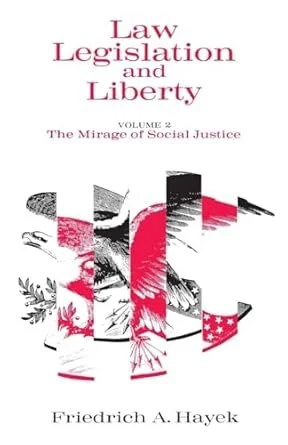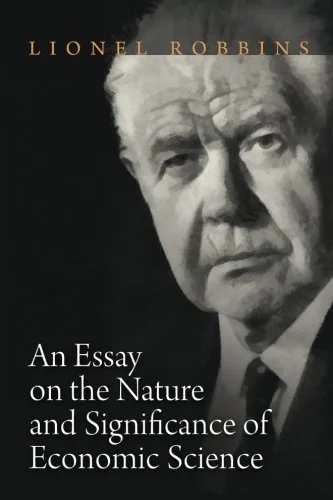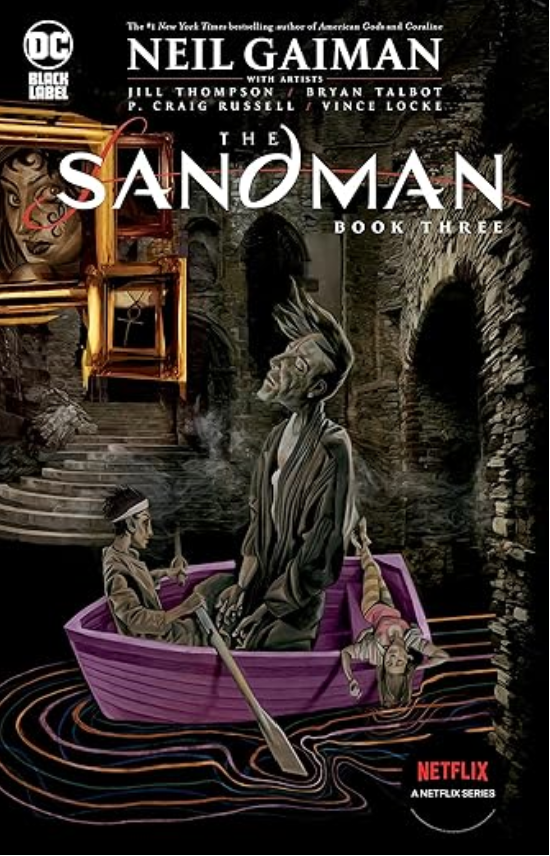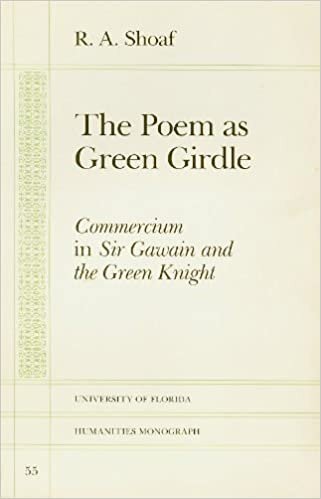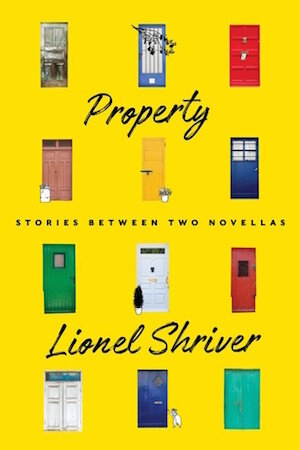Teaching
Econ/Eng/Phil 357: Topics in Humanomics: Social (In)Justice
Interterm 2026
Co-taught with Andrew Stewart
This course attempts to clarify our understanding of the pervasive concept of social justice in the modern world. F.A. Hayek contends that the concept, despite well-meaning intentions, is meaningless, incoherent, and harmful to the prosperity of a free society. David Miller argues that when considered contextually the principles of desert, need, and equality can be used to delineate a theory of social justice as a viable political ideal. How do the dystopian aesthetics of the “Good E” and “Bad E” in L.P. Hartley’s novel shape and reshape Hayek’s and Miller’s ideas on economics and the human condition?
Course Syllabus →
Books
Econ 204: Seminar in Ethics and Economic Thought
Fall 2025
Co-taught with Aaron Salomon
Why is the modern world rich? Why, in economics, do human beings do what they do? Why must markets be constrained to work as they should? This course dialogically explores Deirdre McCloskey’s Bourgeois Equality, Bart Wilson’s Meaningful Economics, and Joseph Heath’s Ethics for Capitalists to explore how ideas, moral sentiments, and the implicit morality of market institutions together shape modern economic life. The student’s task is to develop their own account of what makes economic life not only functional, but justifiable—intellectually, ethically, and historically—considering the tensions and insights these texts reveal.
Course Syllabus →
Books
First-year Foundations Course 100: Choice in Economics and The Sandman
Fall 2024
Co-taught with Katharine Gillespie Moses
To be human is to choose. To be human is to face the consequences of our choices. To be human is to change as we choose and face the consequences of our choices. The course dialogically explores Neil Gaiman’s graphic novels, The Sandman, and the British economist Lionel Robbins’s An Essay on the Nature and Significance of Economic Science to ask what it means for economic science and the human condition that we are beings who choose and change.
In 1932, Lionel Robbins expressed a viewpoint that is now near universally accepted by economists, claiming that the significance of economics “is fundamentally distinct from ethics.” The Sandman says to Shakespeare that “I am not a man. And I do not change … I am the Prince of stories, Will; but I have no story of my own. Nor shall I ever.” What if both statements are simply untrue and related to each other. What if economics and ethics are indeed two sides of the same coin? What if Morpheus does indeed choose and change? In this course we read The Sandman to inform our understanding of what economic science is, and we use our understanding of economic science to inform our reading of The Sandman.
Course Syllabus →
Books
Econ/Eng/Phil 357 Topics in Humanomics: Milton’s Paradise Lost and the Ethics and Economics of Wealth Creation
Spring 2024
Co-taught with Katharine Gillespie Moses
To be human is not to be an angel, but to know good and evil. To be human is to have the liberty to decide. To be human is to be limited, to face trade-offs. This course dialogically explores John Milton’s epic poem Paradise Lost, F.A. Hayek’s The Constitution of Liberty, and Thomas Sowell’s Knowledge and Decisions to shape one of the most fundamental questions of economics outside the Garden of Eden—not what must be decided but who shall decide. How do we apply the knowledge of good and evil in a society of strangers? What does the human constitution—“sufficient to [stand], though to free to fall”—mean for responsibility and liberty in the creation of wealth? “The world [is] all before [us], where to choose.”
Course Syllabus →
Books
Econ/Eng/Phil 357 Topics in Humanomics: Inventing the Individual
Interterm 2023
Co-taught with Katharine Gillespie Moses
The modern world tends to think that commerce requires us to be ruthlessly self-interested. Where did the idea of the individual self, distinct from family or clan, come from? And must the self pursue their own interest in commerce ruthlessly? This course dialogically explores the political philosopher Larry Siedentop’s Inventing the Individual, the economic historian Deirdre McCloskey’s The Bourgeois Virtues, the anonymous medieval epic poem Sir Gawain and the Green Knight, John Milton’s Comus, and Andrej Sapkowski’s modern fantasy The Last Wish to shape one of the most fundamental concepts of modern human sociality—the Individual. How did the idea of the Individual emerge in the Middle Ages? When the Age of Commerce supplanted the ancient Age of the Aristocracy, how did the bourgeois ethic of the Individual differ from the aristocratic class of virtues? How does art situated at the crux of the old aristocratic order and the new bourgeois age invite us to witness the emergence of the bourgeois Individual? And finally, how does the form of a modern fantasy story embody a bourgeois interpretation of that same chivalric art?
Course Syllabus →
Books
Law 7831 Spontaneous Order and the Law
Fall 2021, 2022
Co-taught with Vernon Smith
This course uses a combination of hands-on learning in laboratory experiments and Socratic roundtable discussions of readings to explore how spontaneous, self-generating orders emerge out of apparent chaos in law and economics. The three guiding texts are Robert Ellickson’s Order Without Law: How Neighbors Settle Disputes, F. A. Hayek’s Law, Legislation, and Liberty, Volume 1: Rules and Order, and Bart Wilson’s The Property Species: Mine, Yours, and the Human Mind. Students who take this course will learn how experimental economics can be used to understand how exchange systems work and how rules of property emerge to undergird exchange. By building on this experience students will develop projects to explore different applications to the theory and law of property.
Course Syllabus →
Books
Econ 499 Presidential Seminar
Spring 2021
Co-taught with Katharine Gillespie Moses
Deirdre McCloskey argues that most of the modern world lives and thinks and moves in the ordinary business of life as a member of the bourgeoisie. We all, she claims, adhere to a code of ethics conducive for and derivative from commerce—honesty, enterprise, and responsibility. But such virtues were not always widely valued. Prior to the beginning of great enrichment in the eighteenth century, great works of literature valued the virtues of aristocratic warriors: honor, courage, and justice. What is it like to think and act and see the world as an aristocrat? Sir Gawain and the Green Knight, a late fourteenth-century chivalric romance, serves as our lens for understanding the honor code of the aristocracy. Curiously, the author, who is unknown, seems to use the language of commerce throughout the poem—contract, price (prys), exchange—even though there is not one actual commercial transaction in the poem.
How did a bourgeois ethic, as McCloskey identifies it in The Bourgeois Virtues, supplant the aristocrat-peasant-clerisy triad of ethical characters? Why is it hard for us modern bourgeoisie to understand, think, and act with an aristocratic ethic? And yet, why do we yearn for the aristocratic virtues in our art?
Course Syllabus →
Books
Econ/Eng/Phil 357 Topics in Humanomics: Justice-fying Property
Interterm 2021, Fall 2021
Interterm 2021 co-taught with Jan Osborn and Robert Gasaway
What is property, and why do we have it? Do we possess objects, or do objects possess us? Under what circumstances, if any, is property compatible with justice? What trade-offs does the law face when choosing the rules that govern people and their things? This course dialogically explores Richard Epstein’s Simple Rules for a Complex World, Lionel Shriver’s Property: Stories Between Two Novellas, and Bart Wilson’s The Property Species to shape how we understand relationships between people regarding things when we consider the possibility that conflict begets property and, simultaneously, property begets conflict.


